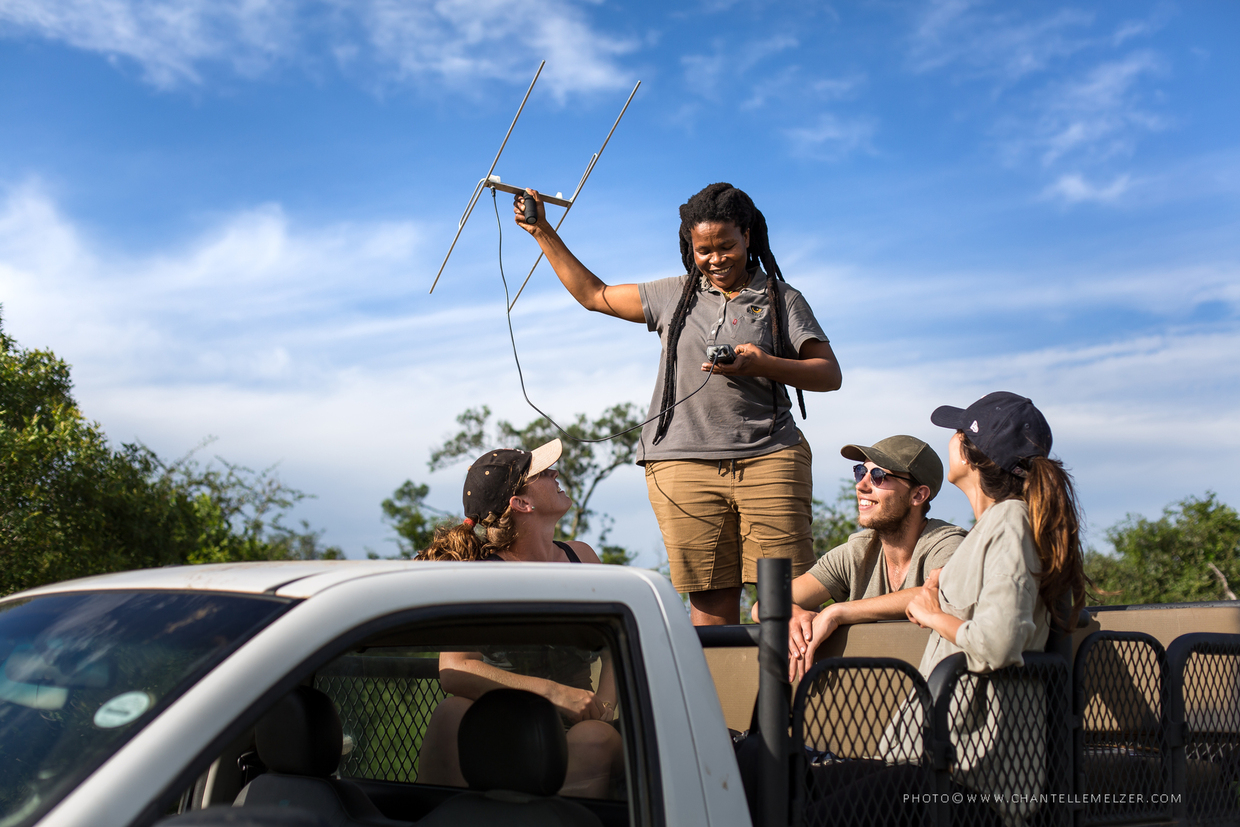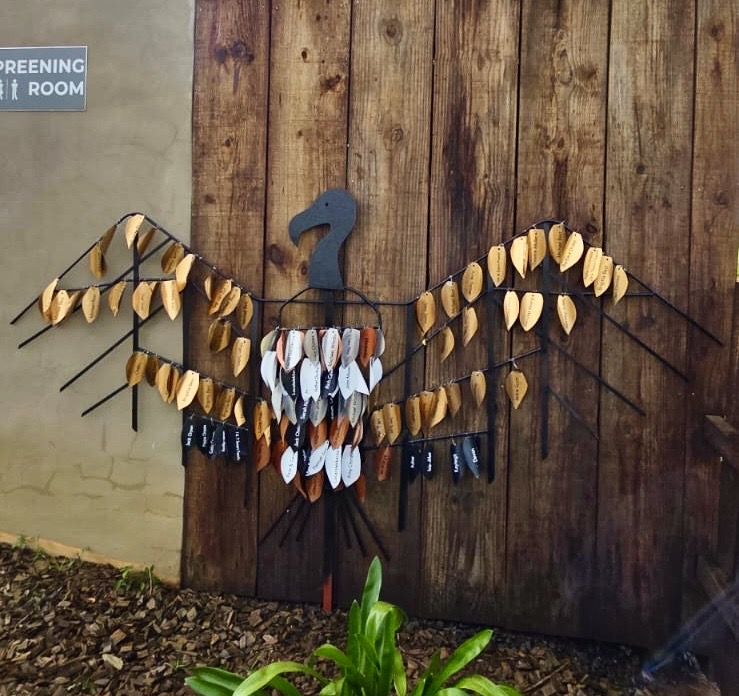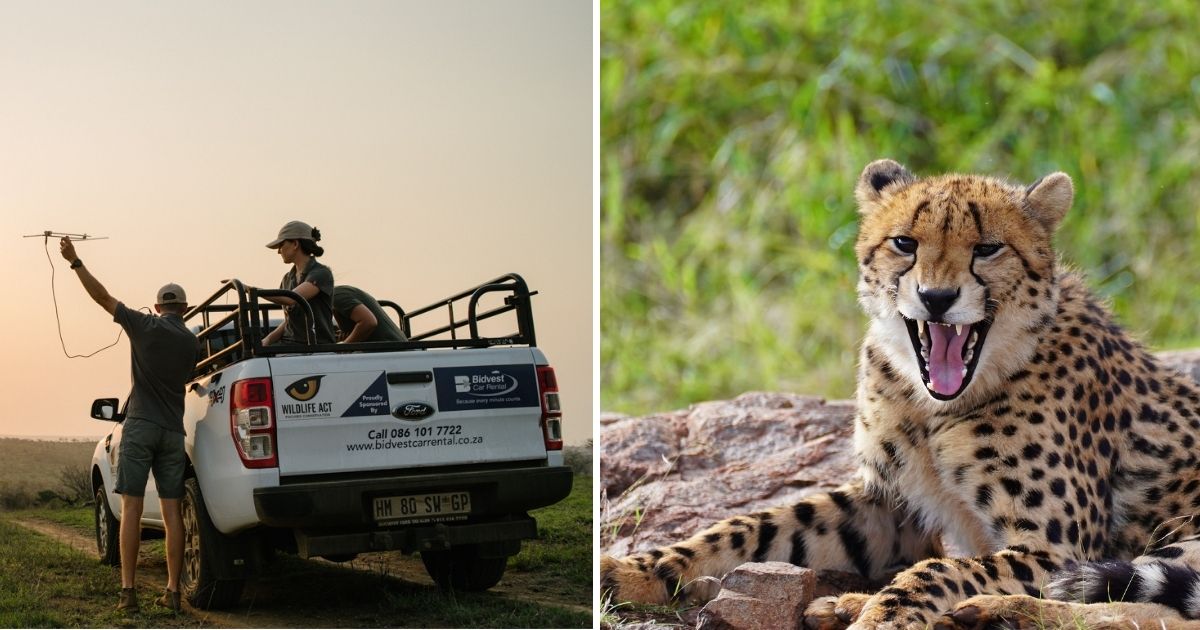The Wildlife ACT Courses are offering a way to connect, and a way for everyone to help in the fight for threatened wildlife species. Education is the key to many things and this is no exception. The more you know, the more you can find your niche within, which can really help. People of all backgrounds, all walks of life, all places on Earth have something to contribute, whether it's learning how to integrate your previous career skills, lending your technical knowledge, becoming an influential voice for anti-poaching, getting an education in monitoring so you can visit wild places and contribute personally, or simply learning and sharing your new understanding with family, friends and coworkers.

So many of us have a deep love for wildlife but don't know how we can really do anything to help the dire situations we see and hear about on the front-lines of wildlife conservation efforts. Sometimes it seems overwhelming or beyond repair. Sometimes we see so many issues and have no idea where to start, or feel we have nothing to offer those who are able to dedicate their lives to on-the-ground wildlife conservation.
Everyone has a voice and a chance to make a difference. No matter how small you may think your voice is, you may end up surprising even yourself with the good you can really do, using the tools you will learn in these Wildlife ACT courses. The field of wildlife conservation is much smaller than you might think, and people with different ideas, skills and backgrounds are still needed in all areas. People just like you.
The Two Wildlife ACT Courses I Took
I expected to gain some knowledge about the requirements and techniques of monitoring important and endangered species in the Endangered & Priority Species Conservation & Habitat Management course, and to get a better grasp on what tracking can do for wildlife conservation in the Introduction to Tracks and Signs course. What I got was so much more. I knew some of the main elements, but what I learned in those two Wildlife ACT courses was so much richer, and I learned that there's even more beyond. It has inspired me to take the next related courses, since they're quite easy to move through, yet chock full of great detail and experiential data that you won't find in a YouTube clip or documentary.

In these self-paced courses, you'll learn concepts from basic to complex, in a simple format that's user-friendly and low-pressure. Start on any of the Wildlife ACT courses, as there's so much value in each aspect, and some parts overlap nicely to help integrate your understanding of the overarching challenges.
A live session once per week, with an experienced wildlife conservationist is included, in which you can ask any questions you may have, no matter how technical or "silly" they might seem. Guest experts are also invited occasionally and students are always encouraged to share and interact with each other and the instructors.
I would say that anyone taking these Wildlife ACT courses will gain something they will personally cherish, something that will open their eyes, and something that they can even go on to share with others or build onto their contribution to wildlife conservation - something you may never have dreamed you could do. The certifications of completion for the courses are an additional boon to your resumé or could be stepping stones to getting your foot into the door if you want to go that route.
This is a truly unique and valuable opportunity to widen your horizons, peer into aspects of African wildlife conservation that you may have thought would be interesting, but you previously didn't know where to start. Start here. Then go wherever you can and help wildlife!

- Text by Robin Shepard
Wildlife ACT Training Academy Student
Related Posts
African Wildlife Conservation Courses Online
My Experience Taking Two of Wildlife ACT’s Online Conservation Courses


.jpg)


.jpg)




